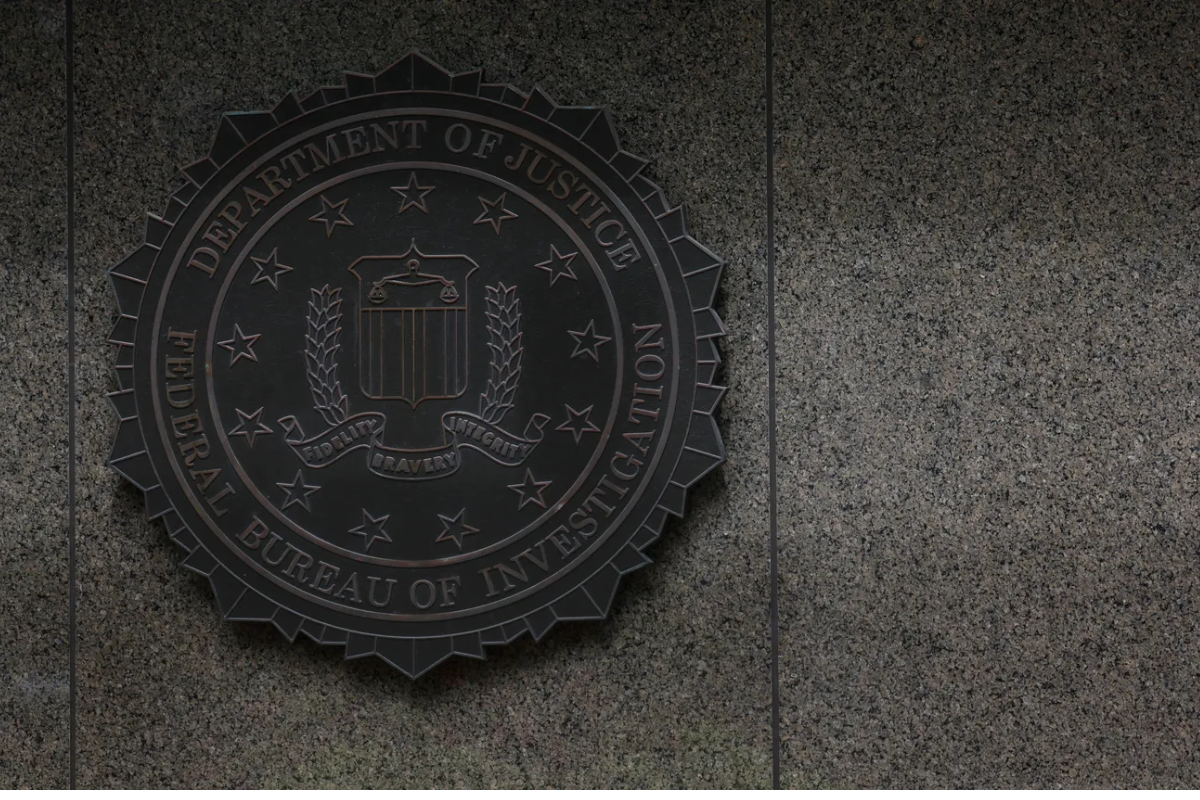President Donald Trump has ordered all Federal Bureau of Investigation (FBI) senior executives to either retire, resign, or face termination by Monday. This sudden directive marks a significant shift in the FBI’s leadership structure as the Trump administration seeks to realign the agency with its policies and priorities.
The order impacts several senior FBI officials, many of whom hold crucial positions overseeing national security, cybercrime, and counterintelligence. The quick deadline has left many high-ranking officials scrambling to decide whether to retire early or face potential dismissal, creating an atmosphere of uncertainty within the agency.
Reports from inside the FBI suggest that many senior leaders feel blindsided by the directive’s abrupt nature. Some executives reportedly prepare for early retirement, while others brace themselves for the possibility of forced departures, raising concerns about the agency’s stability.
The decision has sparked significant debate over the FBI’s future direction under the Trump administration. Critics argue that the rapid departure of senior executives could disrupt ongoing investigations, including high-profile cases related to national security and cyber threats, potentially affecting the FBI’s effectiveness.
Supporters of the president’s directive believe the leadership change is necessary to align the FBI’s priorities with the current administration’s goals. They argue that new leadership could bring fresh perspectives and new strategies to address modern challenges, particularly in cybercrime and terrorism.
As the deadline for the shake-up approaches, the FBI faces a period of intense uncertainty. The agency’s ability to function effectively amid such a large-scale leadership overhaul will be closely watched, with both domestic and international observers monitoring its response to the transition.
This leadership overhaul could have long-lasting effects on the FBI’s national security and law enforcement role. The agency’s future direction will depend mainly on the selection of new leaders and their ability to quickly adapt to the challenges that lie ahead, including potential threats to national security.
The FBI will undergo a significant transformation in the next few days as it adjusts to its new leadership structure. The agency’s response to these changes will be crucial in determining how effectively it can continue to carry out its core functions during the transition.
This moment represents a pivotal point in the FBI’s history, showcasing how federal agencies adjust to shifts in political leadership. The full impact of the changes will unfold over time as the agency navigates the challenges of operating under a new leadership model and responding to evolving security threats.
At present, the FBI remains in flux, with its senior leadership facing key decisions that will shape its trajectory in the coming years. How the agency handles this transition will be critical in determining its ability to uphold law and order and its role in protecting national security.
The decision to overhaul the FBI’s leadership indicates a broader shift in government agencies, reflecting the dynamic nature of federal institutions responding to changes in political leadership. While the agency’s immediate future is uncertain, these changes may ultimately result in a more focused and realigned FBI better suited to handle the emerging challenges of the next decade.
As the situation develops, the public can expect ongoing updates regarding the status of the FBI’s leadership and any potential implications for its operations. Law enforcement professionals, lawmakers, and citizens will watch closely as the FBI adapts to its new leadership and the evolving demands of national security and law enforcement.




